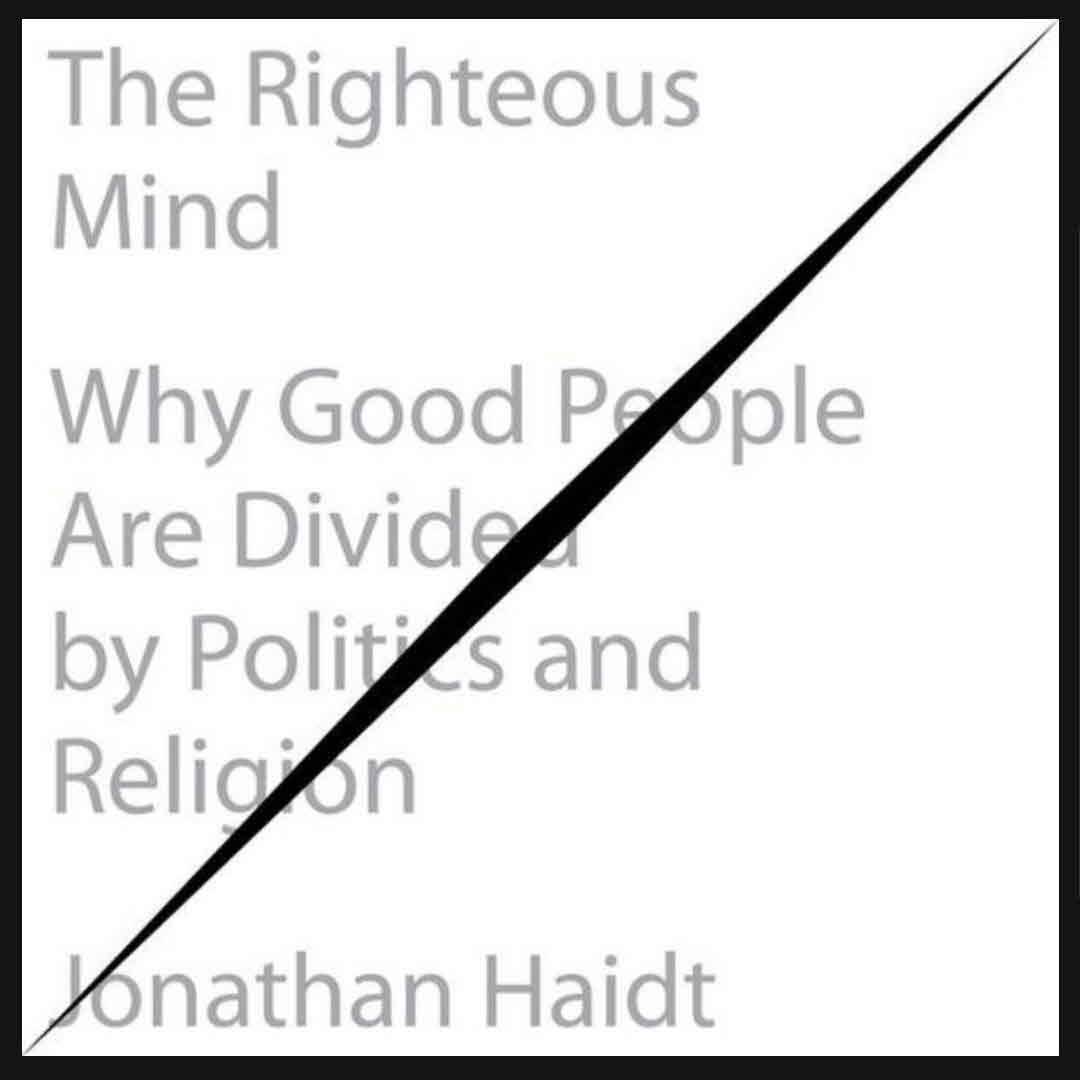
Soft pick. I thought I would have enjoyed this more than I did.

Soft pick. I thought I would have enjoyed this more than I did.
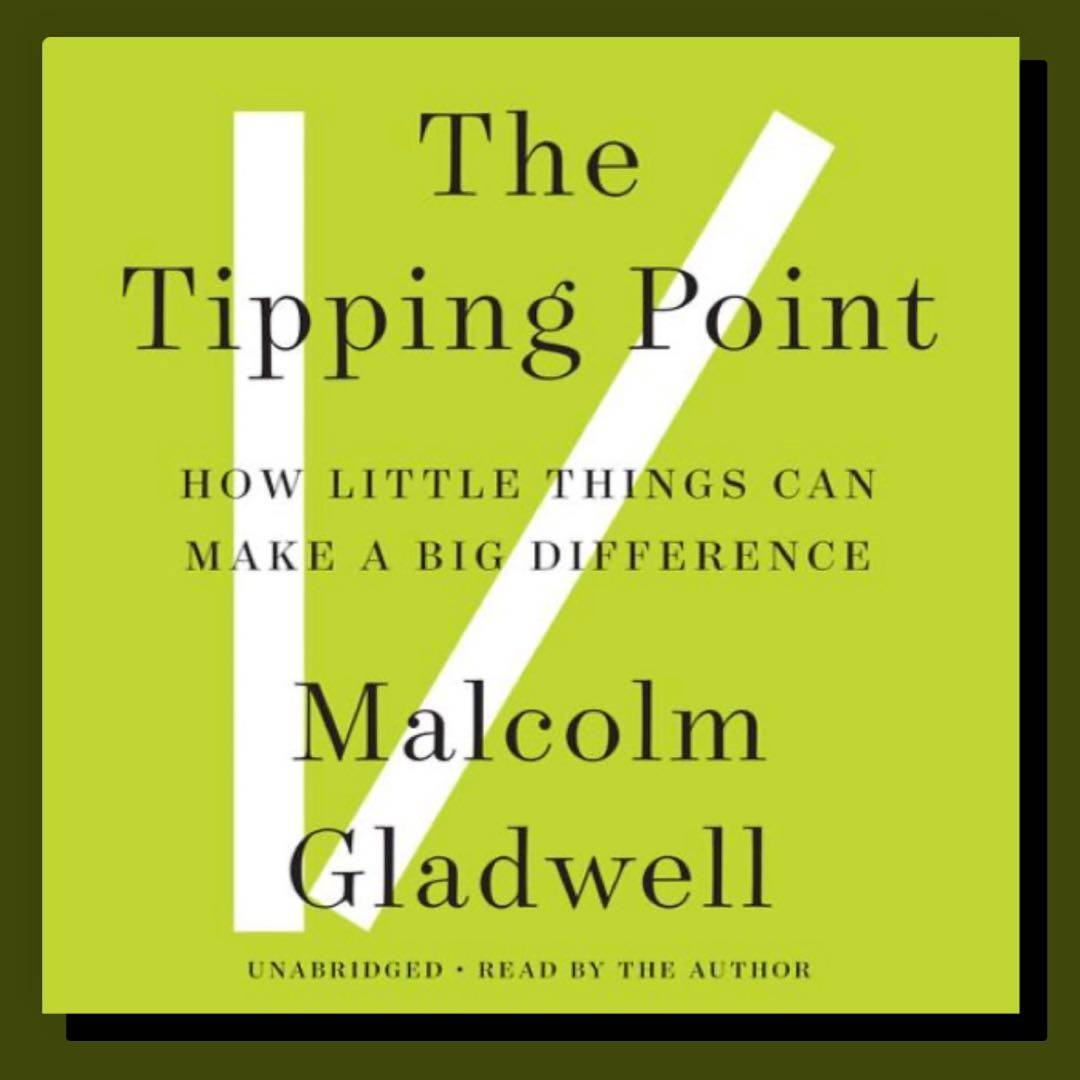
Insightful perspective of how big ideas get their teeth and take hold in society.
"The rhetoric of protest unsupported by the means of enforcement amounted to little more than bombast."
#nonfiction #history #socialpsychology
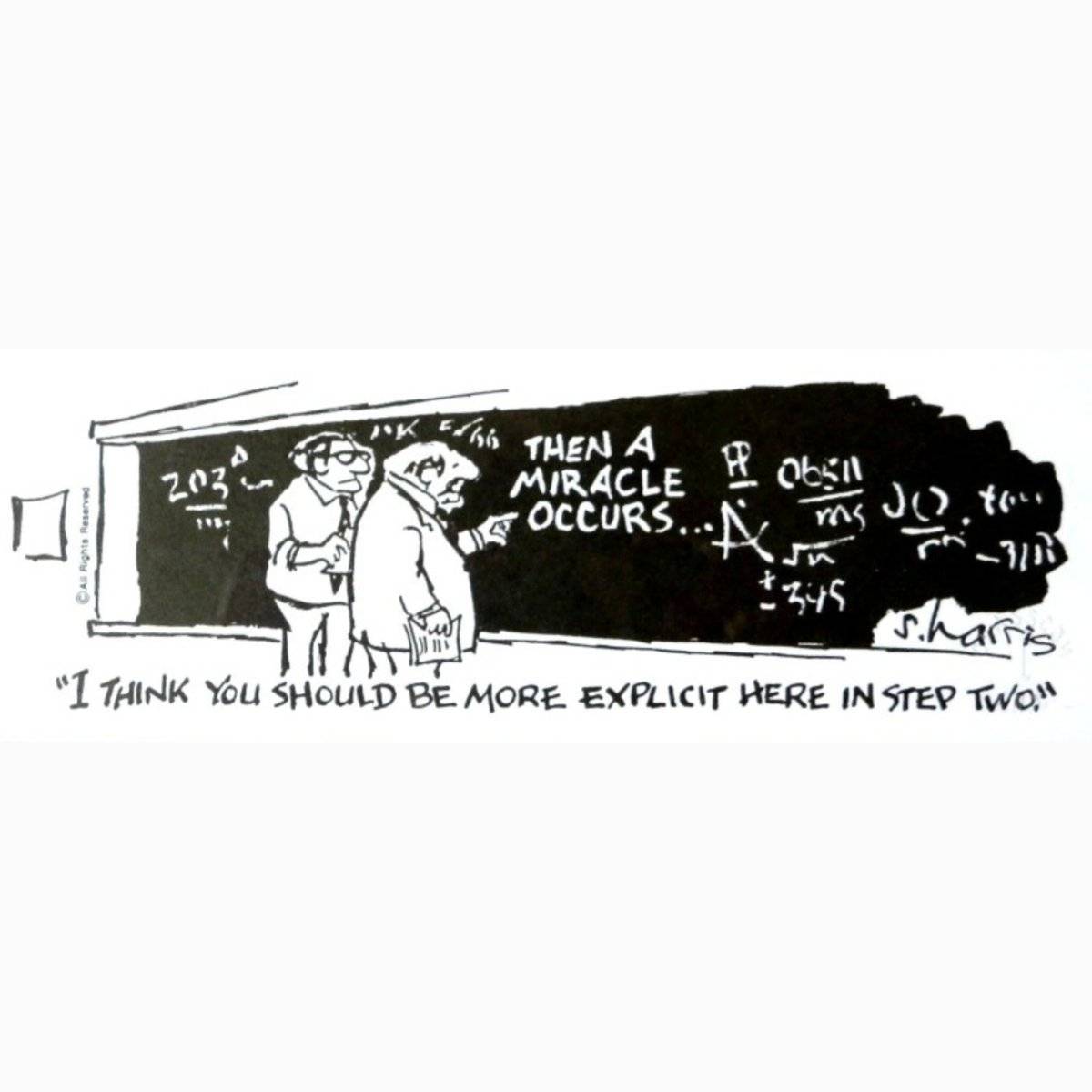
This is definitely interesting, but I felt a certain amount of skepticism about it as “science.“ I have a Psychology degree and not only have I seen a fair amount of what I learned in college debunked, but I also had to participate in an experiment which I found completely bogus. Nonetheless, if you accept their theories it does make sense out of a lot of otherwise inexplicable behavior. I would love to see a new update on Trump, *again*. 😫
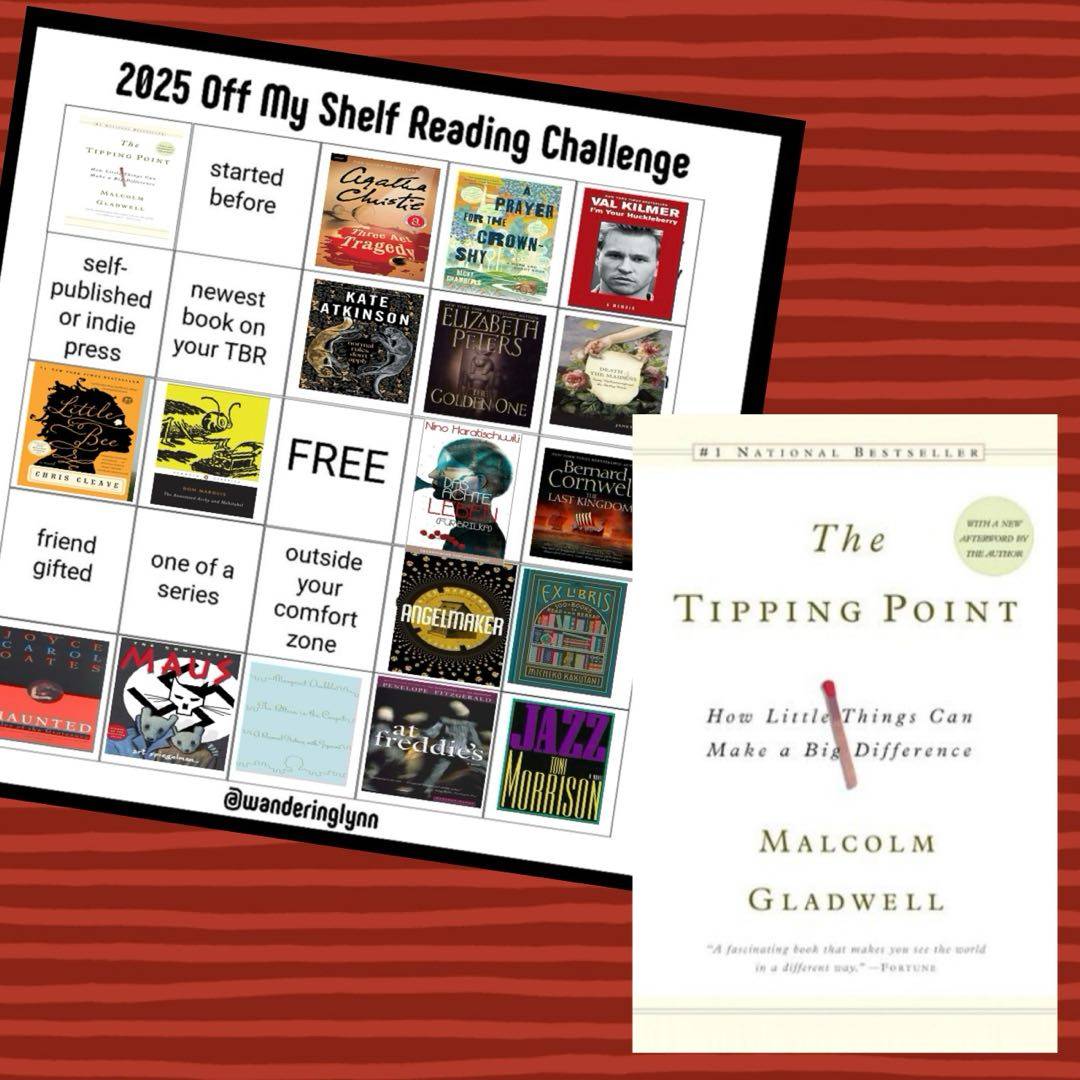
#OffMyShelf “Owned > 5 years”
My first completed book for #Shelfsweeper readathon . 😃
I listened to this on audio, read by the author. It was like a very long podcast…entertaining but I don‘t know that much will stick. But I don‘t think it‘s Gladwell‘s intention to write a how-to about how to create social movements or ad campaigns. He‘s more interested in exploring the fascinating and contradictory nature of human behavior and thought.
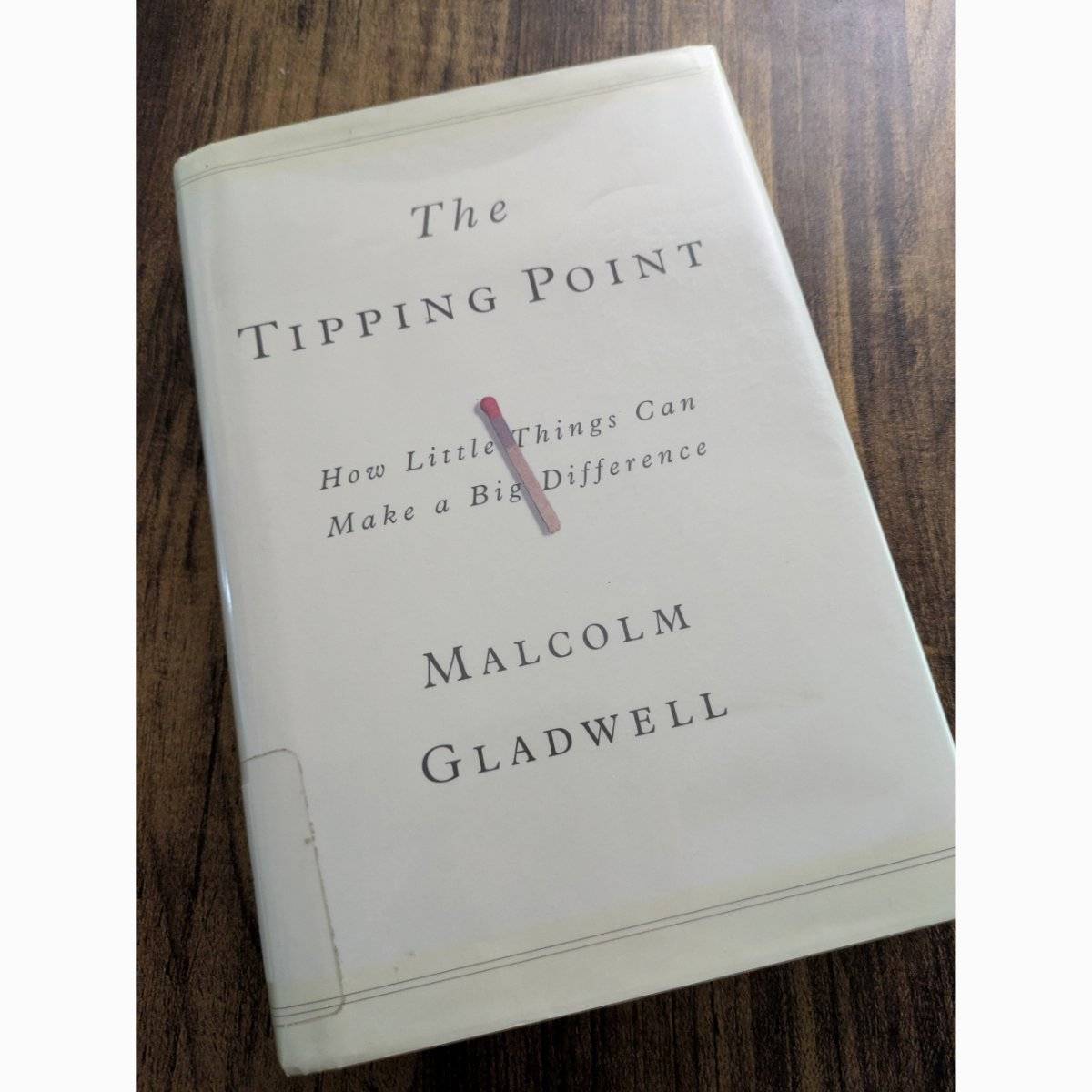
2/5
What a disappointment... I had so much difficulty going through this book. Interesting ideas but their presentation is boring and very repetitive. It is also lacking in depth.
A lot of this seems overly simplistic, even reductionist. However, there are some truly great insights into what makes someone join a mass movement. It helps make sense of why people fall/fell for MAGA BS and similar. Highly recommend.

Just realized my nails match my bookmark…talk about accessorizing. 🤣
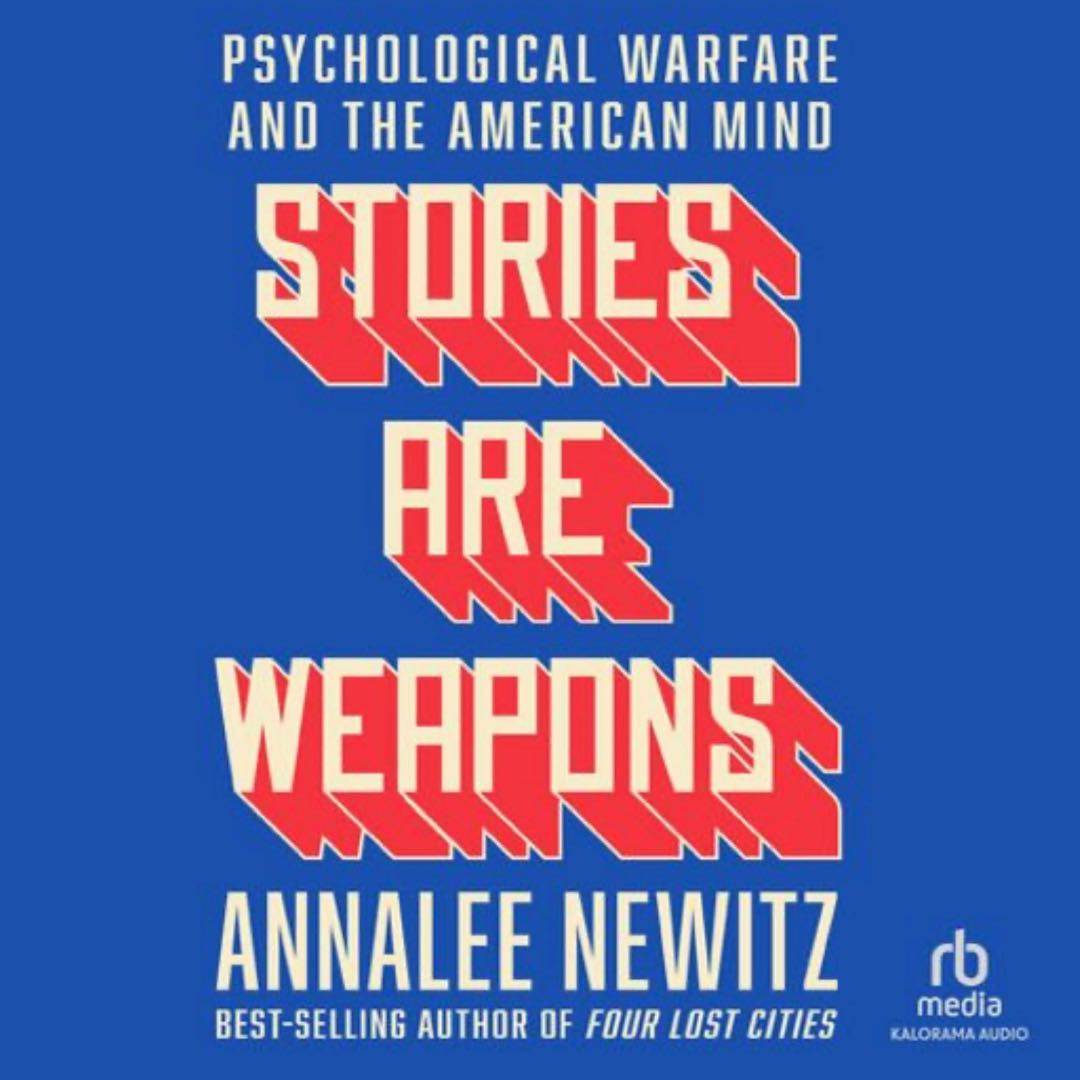
⭐️⭐️⭐️ The role of stories in everyday life and how they can negatively affects us. Psychological warfare, propaganda, misinformation. We tend to treat fiction as politics. So many slippery slopes. Nothing much positive here, but a quick, interesting read.